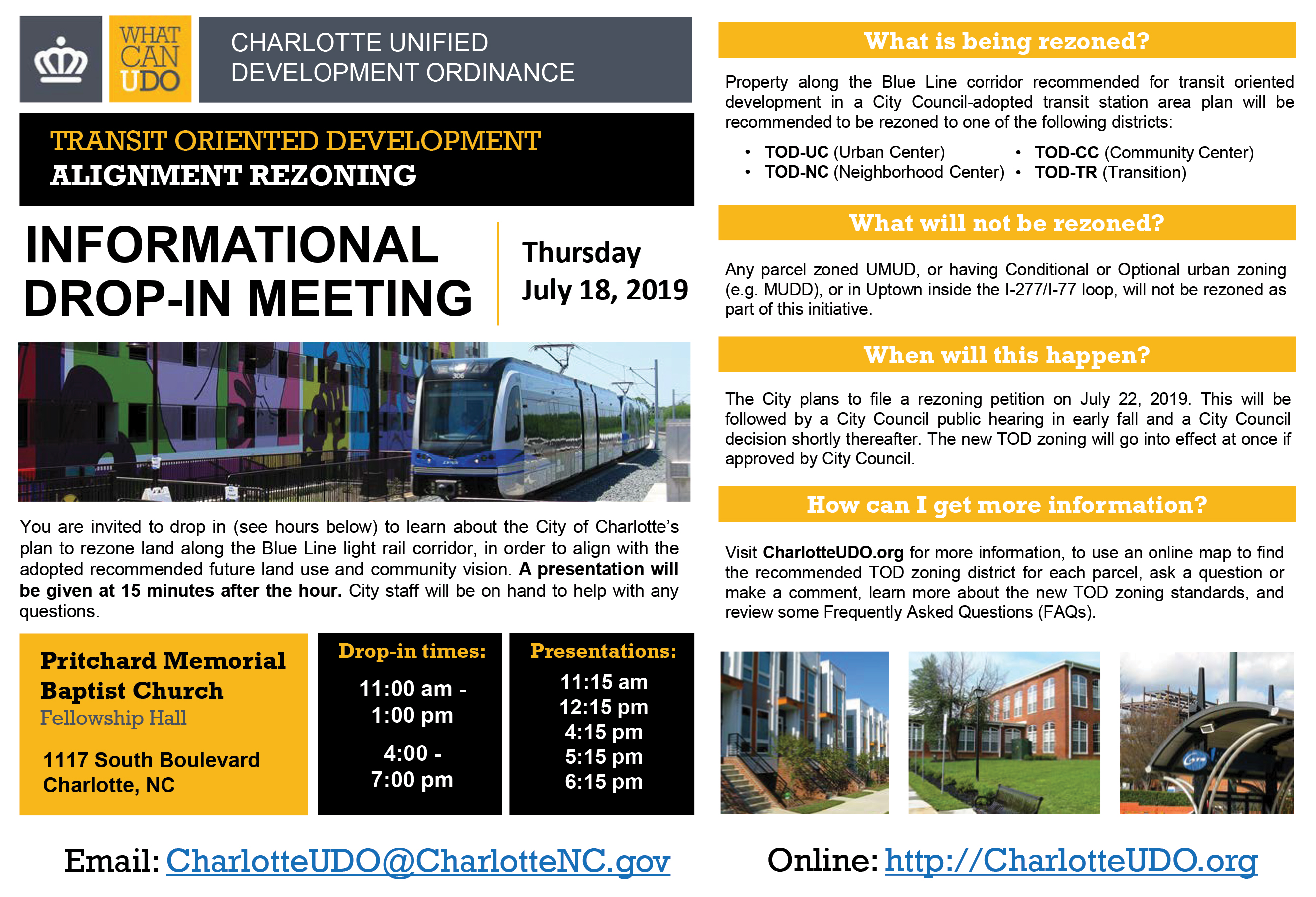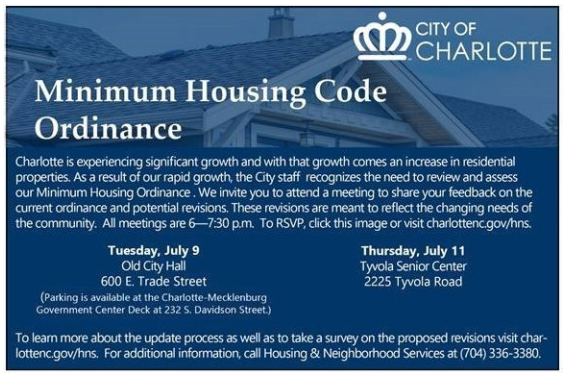Posted July 24, 2019
Proposed amendments to the Charlotte Sign Ordinance appear to ban weekend directional signs for new home construction and real estate open houses — a change with potentially devastating impacts for home builders and Realtors®, and one which REBIC will strongly oppose.
Weekend directional signs are one of the most effective tools buyers use to find homes for sale. Particularly in Charlotte, where most new home communities are in hard-to-find, infill locations (and often not yet identified on GPS), a ban on temporary directional signs would severely impact home sales, which are already falling due a lack of inventory.
The proposed Sign Ordinance amendments were presented at a community informational meeting last week, but no mention was made of the ban on temporary signs. The ban, however, is included on page 40 of the draft text, under ‘Prohibited Signs’:










